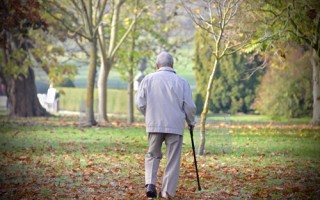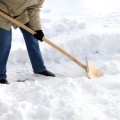
"Help! I've fallen and I can't get up!" Far too often, pop culture and media have trivialized a very serious matter: senior falls. While accidents happen and gravity can be unkind, the hard truth is that falls are the leading cause of fatal and nonfatal injuries among older adults. The CDC reports that millions of adults over the age of 65 fall each year. For those who do fall, their chances of falling again doubles.
How serious are falls for senior residents?
The National Council on Aging said that falls cause more than 2.8 million injuries treated in emergency rooms every year, with more than 800,000 hospitalizations and over 27,000 deaths. Furthermore the CDC figures indicate that one out of every five falls results in a serious problem, such as a head injury or broken bones.
Over 95 percent of hip fractures are due to falling, while falls are also the most frequent cause for traumatic brain injuries. While there are plenty more figures outlining the dangers of falls for senior adults, it's better for long-term care facilities to be proactive about protecting their residents from harm. Here are a couple of ways to prevent falls among seniors:
"95 percent of hip fractures are due to falling."
1. Talk about their health and medication
One of the first places to start is with a conversation. It's important to move away from the negative stigma or embarrassment caused by falls and get to the heart of the issue. There are numerous causes for falls involving senior residents, including weak muscle strength, poor balance and medication use, which is why it is vital that you discuss their health and any medication they might be taking.
This way, you can advise them about best practices they can follow to better protect themselves. Some medications may make them dizzy or have other adverse side effects that could put them in danger. Encourage them to discuss any concerns they might have with their primary care physician.
2. Assess their living situation
Another major issue that could put your senior residents at risk for a fall is their living situation. Is their room or apartment well-lit and free from floor clutter over which they could trip? Are their bathrooms equipped with necessary bars and accessories that prevent falls? Are there throw rugs, which might slide or cause someone to trip? It's essential to assess each resident's living situation periodically to make sure they are staying safe and not at risk for an accidental fall.
To learn more about keeping your residents safe from falls, take one of Mariposa Training's long-term care courses, such as "Fall Prevention – Top 10 Tips for Reducing Fall Related Injuries" today!


